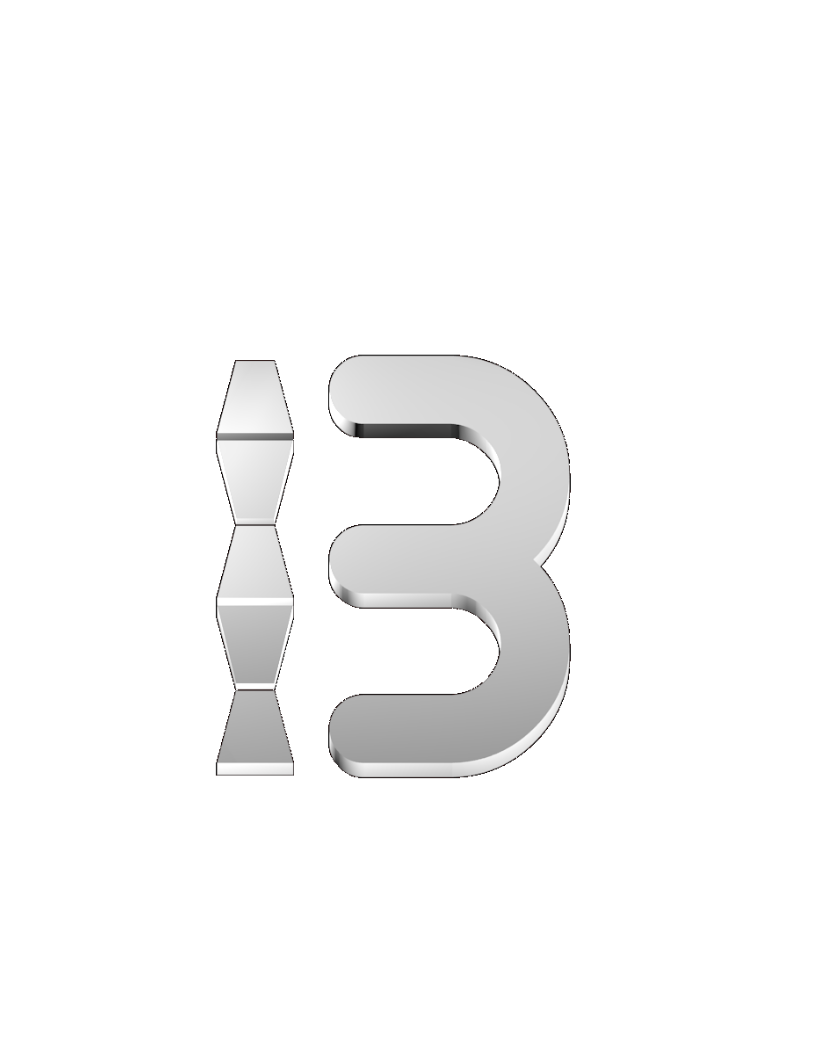What is a First-Time Home Buyer?
To be considered a first-time home buyer, a resident of Ontario must have never owned a home in any part of the world, whether independently or with another individual. The key word here is owned. Thus, the focus is not on whether you have ever purchased a home previously, but on whether you have ever become a sole or partial owner of a home. So, if you gain ownership by way of an inheritance or a gift, you may no longer be considered a first-time home buyer in the eyes of the government.
What are the First-Time Homey Buyer Incentives Available To Ontarians?
Since we have identified what it means to be a first-time home buyer, we may now delve into the different programs and incentives the government established to financially assist buyers who are facing struggles with housing affordability.
There are three main incentives currently offered in Ontario:
- Ontario Land Transfer Tax Refund
- First-Time Home Buyers’ Plan
- First-Time Home Buyers’ Tax Credit
- CMHC First-Time Home Buyer Incentive Program – DISCONTINUED IN 2024
Ontario Land Transfer Tax Refund
What is Land Transfer Tax?
In Ontario, you must pay a fee called the Land Transfer Tax when you are purchasing a home. The amount of tax is based on a percentage of the price of the home you are purchasing.
Ontario Land Transfer Tax is calculated as follows:
- 0.5% of the value of the property up to and including $55,000
- 1% of the value which exceeds $55,000 up to and including $250,000
- 1.5% of the value which exceeds $250,000 up to and including $400,000
- 2% of the value between $400,000 and $2,000,000
- 2.5% for amounts exceeding $2,000,000, where the land contains one or two single family residences.
For residents of the City of Toronto, there is an additional Land Transfer Tax which is calculated using a similar formula. But don’t worry, you don’t need to pull out your calculator; when you get a Free Quote from Beffa Law, your Land Transfer Tax amount on a purchase transaction will be included in the quote.
How Much is the Land Transfer Tax Refund?
To help minimize this financial burden, the government of Ontario is offering a Tax Refund for first-time home buyers. Qualifying for this incentive will allow you to receive a refund of a maximum amount of $4,000. If you are purchasing your home in the City of Toronto, you may receive an extra refund of a maximum of $4,475.
How do I Qualify for the Land Transfer Tax Refund?
To be eligible for the refund you must meet the following criteria:
- You must be a Canadian citizen or a Permanent resident;
- You must be at least 18 years of age;
- You must use the home as your principal residence within 9 months of purchasing it; and
- You must have never owned a home anywhere in the world.
Exceptions to land transfer tax refund
Different rules apply if you are purchasing your first property with another person.
If you are purchasing a home with your spouse, your spouse’s property history may affect your eligibility for the tax refund. If both of you and your spouse are first-time home buyers based on the criteria outlined above, you will qualify for the Tax Refund. You should be aware that the amount of the refund will not be doubled and the maximum of $4,000 will still apply between the two of you.
On the other hand, if you are a first-time home buyer but your spouse acquired property while you were spouses, neither of you will be eligible to claim the refund. However, if the two of you are purchasing a home but your spouse owned a home prior to your being a spouse, you may still be able to claim the refund for yourself.
If you are purchasing a home with someone other than your spouse, such as a family member or friend, the amount of the tax refund to which you will be entitled will be reduced based on the proportionate interest of each buyer. For example, if you and your brother, who is not a first-time home buyer, are purchasing a home together with a 50-50 split interest, you will be able to obtain a maximum of a $2,000 tax refund.
How Do I Get The Refund?
If you qualify for the Tax Refund, you must apply within the 18-month time limit after the date of the registration of the title transfer. However, to ease the process your real estate lawyer from Beffa Law, will be able to file for the Tax Refund on the date of closing. As a result, depending on the purchase price of the home, the refund may either automatically pay off your entire tax amount or reduce the amount of tax you will pay on the closing date
Home Buyers’ Plan
What is the Home Buyers’ Plan?
The Home Buyer’s Plan is a program created by the federal government which enables first-time home buyers who have a Registered Retirement Savings Plan (RRSP) to withdraw such funds, to a maximum amount of $35,000, to purchase a qualifying home. If you and your spouse or common-law partner are purchasing a home, you are allowed to withdraw up to $50,000 in total ($25,000 each from separate RRSPs).
The money that is withdrawn from the RRSP is not taxed as income, but may be subject to income tax if the money has not been in the RRSP for at least 90 days prior to the withdrawal.
Although the entire amount does not have to be repaid into the Plan until 15 years after the first withdrawal, an initial payment must be made within the first two years.
You may make the withdrawal prior to purchasing your home as long as you become the owner of the home by the 1st of October of the following year. Otherwise, you may make the withdraw up to 30 days after you purchased the home.
How do I Qualify for the Home Buyers Plan?
To be eligible for this incentive, you must meet the following requirements:
- You are a Canadian resident;
- You must have a written agreement to purchase or construct a qualifying home;
- You must use the home as your principal residence within 1 year of purchasing it; and
- You are a first-time home buyer.
If you have previously participated in the Home Buyer’s Plan, you may do so again so long as:
- Your previous repayable Home Buyer’s Plan balance is zero on January 1st of the year of the withdrawal;
- In the four-year period* prior to your new home purchase, you did not occupy a home that either you or your current spouse or common-law partner owned; and
- You meet all the other HBP eligibility conditions.
*The four-year period begins on the 1st of January and ends 31 days prior to your withdrawal date. For example, if you withdraw money from your RRSP on April 20, 2022, the four-year period of when you could not have owned a home is from January 1, 2018, to March 20, 2022.
Please see the Home Buyers Plan, for more information.
First-Time Home Buyers’ Tax Credit
What is the Home Buyers Tax Credit?
Established by the federal government, the First-Time Home Buyers’ Tax Credit is a non-refundable tax credit which allows you to claim up to $10,000 income tax credit on the purchase of your first home.
How Do I Claim the Credit?
To take advantage of this credit, you must claim the $10,000 amount on your income tax returns on line 31270. Ultimately, the $10,000 credit results in a $1500 tax rebate, which means that the amount of taxes you would owe for the particular year will be reduced by $1500 (i.e., If you owe less than $1500 in taxes in the years, you will pay $0 in tax).
If you are purchasing the home with another person, such as your spouse, you may either share the credit or decide that one of you will claim it. Nevertheless, the total rebate between the both of you will remain $1500.
How Do I Qualify for the First-Time Home Buyer Tax Credit?
To ensure that you are eligible for this credit, you must meet the following conditions:
- You and your spouse or common-law partner, if applicable, must purchase a qualifying home in Canada;
- The home you purchased is used as your principal residence; and
- You and your spouse or common-law partner, if applicable, must be a first-time home buyer, meaning that you did not reside in another home that was owned by you or your spouse or common-law partner in any of the four preceding years.
If you are a person with a disability, you may claim the Disability Tax Credit regardless of whether you are a first-time homebuyer or not, as long as the purpose of the home purchase was to allow you to increase the accessibility of your environment. If you are not disabled, you may also claim the credit yourself in the same way if you are purchasing a home for a family member who is disabled.
Please see Home Buyers Tax Credit, for more information.
CMHC First-Time Home Buyer Incentive Program – DISCONTINUED
WHAT WAS THE FIRST-TIME BUYER INCENTIVE PROGRAM?
The First-Time Home Buyer Incentive Program was a shared-equity program that allowed first-time home buyers to obtain lowered monthly mortgage payments without the need to increase their down payment through the help of the Canada Mortgage and Housing Corporation (CMHC). Through this program, the CMHC contributed 5% of the price of the home towards the buyers’ down payment in exchange for 5% of the appreciation or loss of the value of the home when it sold in the future. If the home was a new build, the CMHC could contribute up to 10% for a 10% share in the property. It should be noted that no principal or interest payments were necessary as this was considered an interest-free loan. This amount was then secured on the property’s title via a second mortgage. Thus, the equity, or ownership, in the property was essentially shared by both the buyer and the Canadian government.
WHAT WERE THE QUALIFICATIONS FOR THIS INCENTIVE?
To have qualified for the First-Time Home Buyer Incentive Program, you needed to meet the following criteria:
- You needed to be a first-time home buyer or not have owned a home in the four preceding years;
- You needed to have an annual household income that was under $120,000;
- You needed to provide at least a 5% down payment yourself; and
- You could not borrow more than four times your qualifying income (thus, only properties under $565,000 were applicable for this program).
Please note that the First Time Home Buyer Incentive Program was discontinued in March 2024.
The Help of a Real estate Lawyer
Although the costs of purchasing a home have always been significant, this burden has only grown in recent years. Fortunately, first-time homebuyers can look to government incentives, credits, and rebates like those discussed above to help ease the financial strain of buying their first property. An experienced real estate lawyer can help explore all the options and programs available to you to ensure that you minimize the costs associated with a home purchase as much as possible while retaining the ability to make your dream home a reality.
Learn More
Business Charity Child Support community Contracts COVID-19 divorce Estate Planning Family Law immigration Incorporation In The News Not For Profit Postnup Power of Attorney Real Estate Registration separation agreement Sponsorship Startup Taxes Wills Wills & Estates Wills and Estates Work Permit


